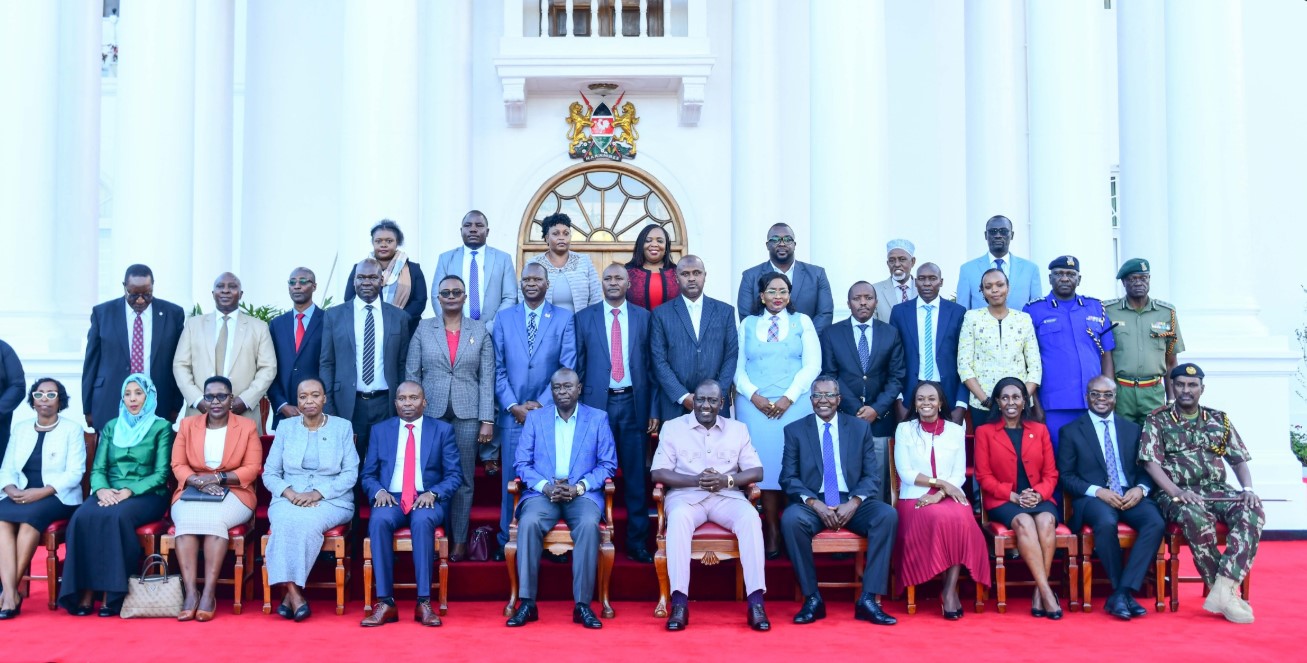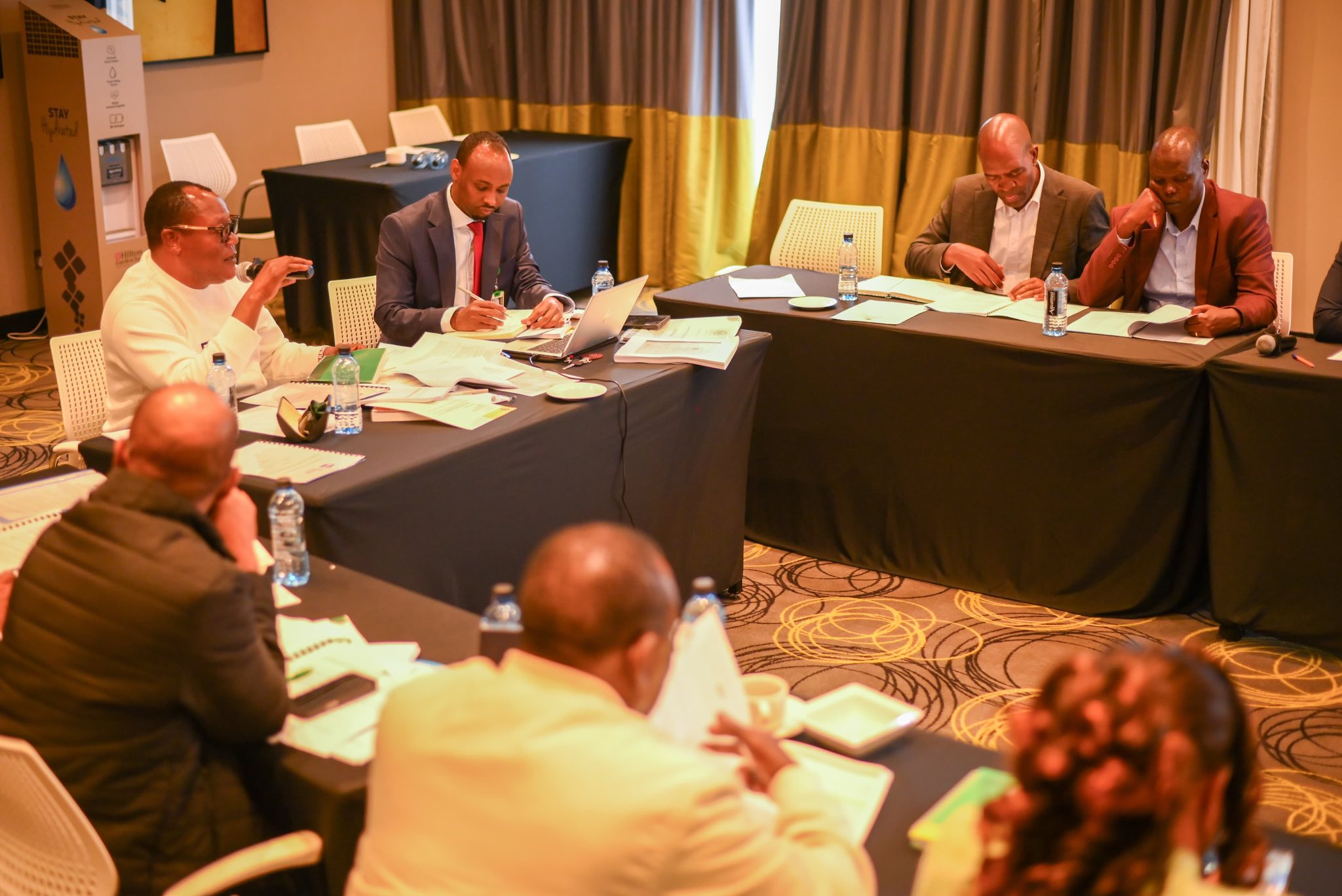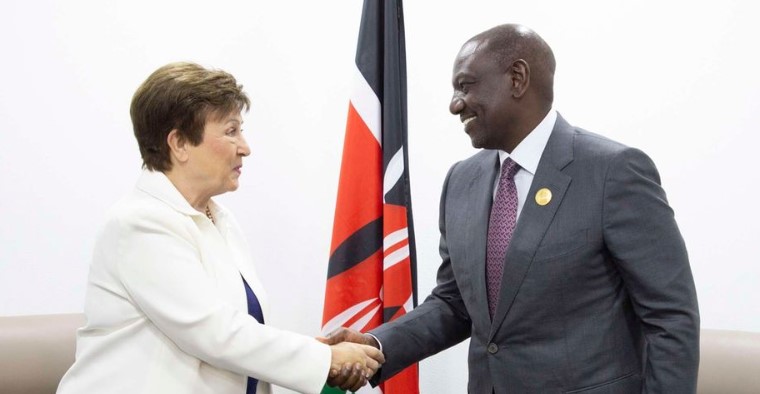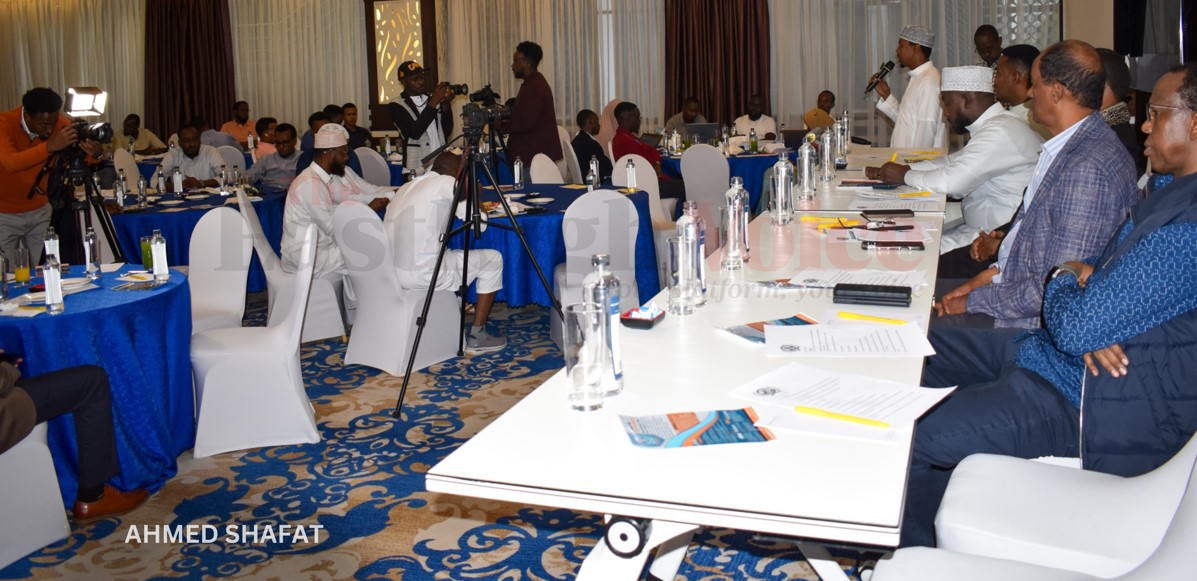Auditor General flags Ketraco’s Sh18 billion debt crisis
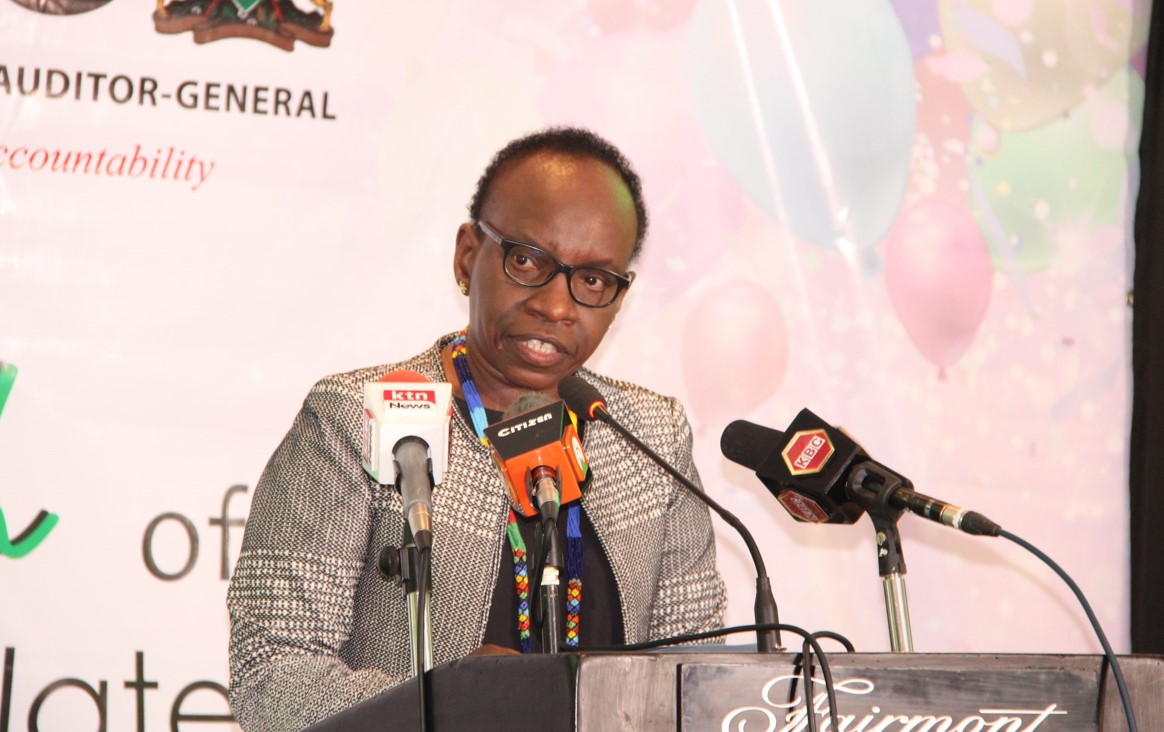
A considerable portion of Ketraco's debt, approximately Sh9.2 billion, stems from an award granted to a contractor for the construction of a transmission line.
The electricity transmission agency Ketraco is in the spotlight as new revelations expose a financial deficit of Sh18.5 billion, putting the company in a vulnerable position with lenders.
Auditor General Nancy Gathungu has raised concerns about the agency's financial health in her review of Ketraco's accounts as of June 30, 2024.
More To Read
- Power, water, and irrigation top list of state’s new private sector partnerships
- Taxpayers to pay Sh4.5bn after Ketraco loses court battle over cancelled power line project
- Auditor General questions Ketraco’s Sh431 million land compensation payments
- Kenya Power grapples with rising electricity losses
According to the audit, Ketraco's current assets stand at Sh20 billion, while its liabilities exceed Sh39 billion.
"This is an indication that the company was in a net liability position and may not be able to settle liabilities when they fall due," Gathungu noted.
She further warned that these conditions pose a significant risk to Ketraco's ability to continue as a going concern, which is critical for its ongoing operations and service delivery.
Ketraco's liquidity problems are exacerbated by its involvement in high-stakes tenders, notably a controversial Sh96 billion transmission project with Indian conglomerate Adani Holdings.
Public outrage over the project led to a court order halting its subsidiary, Adani Energy Solutions, from proceeding with the tender, further complicating Ketraco's financial landscape.
A considerable portion of Ketraco's debt, approximately Sh9.2 billion, stems from an award granted to a contractor for the construction of a transmission line.
Gathungu expressed concern that failure to resolve this debt could have detrimental effects on the company's liquidity and overall service delivery.
"It is likely to have a negative impact on service delivery," she stated, pointing out the urgency of addressing the financial issues at hand.
Additionally, Ketraco faces the risk of insolvency, with a creditor having filed an insolvency petition against the company in May.
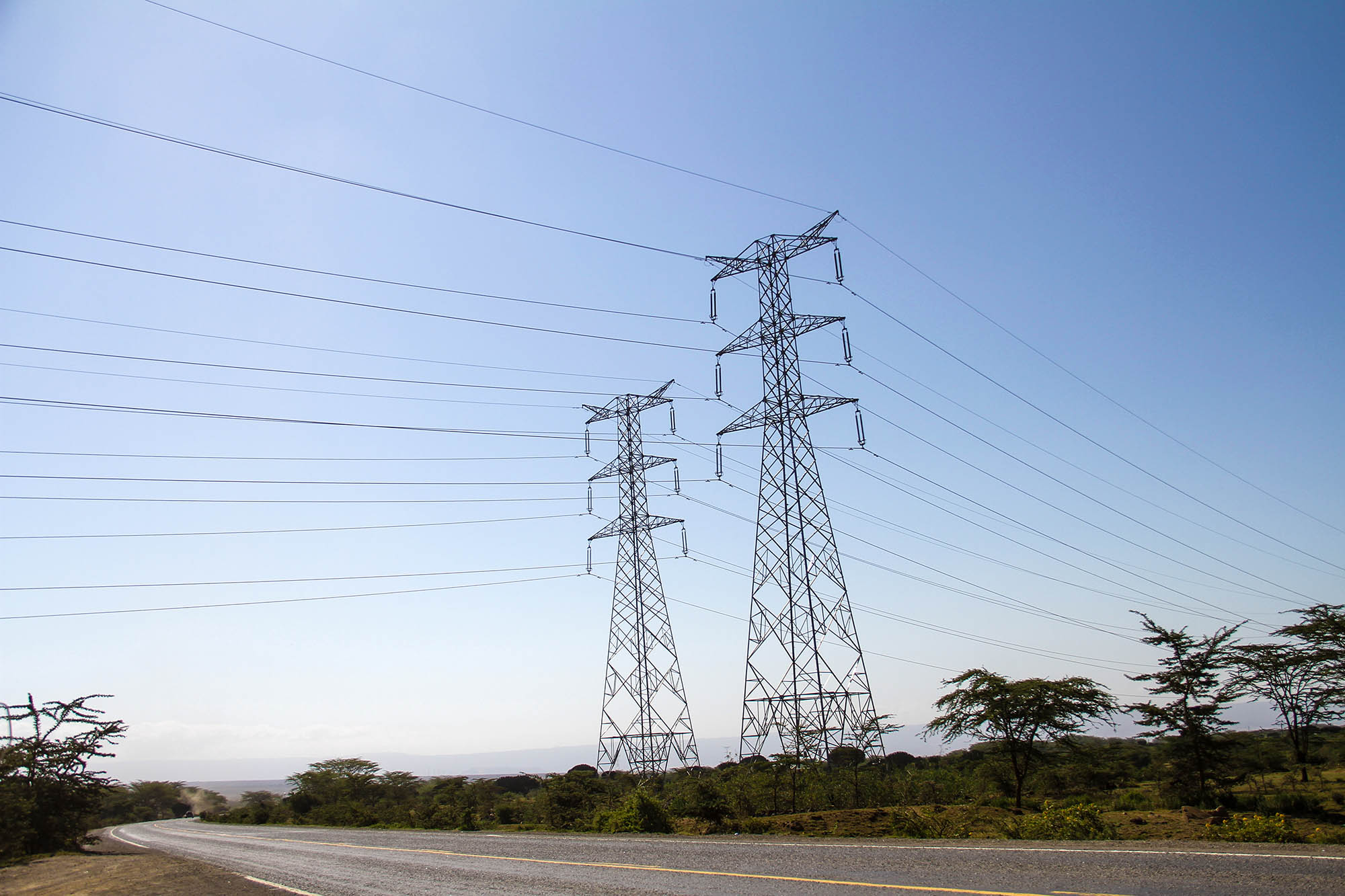 Ketraco manages electricity transmission in Kenya. (Photo: Ketraco)
Ketraco manages electricity transmission in Kenya. (Photo: Ketraco)Ketraco manages electricty transmission in Kenya. (Photo: Ketraco)
This matter was still pending at the time of the audit. Gathungu also expressed concern that Ketraco might lose Sh1.7 billion in ongoing court cases related to unresolved leave compensation and contractors' claims.
She questioned management's claims that they are regularly evaluating their financial exposures to assess potential liabilities.
"If these contingent liabilities crystallise, the company may be exposed to unforeseen project cost overruns," Gathungu warned, highlighting the potential impact on Ketraco's ability to meet its obligations.
Other Topics To Read
The audit also uncovered instances of double compensation, totalling Sh10 million, to project-affected individuals during the review period.
Although management made provisions for this amount, the circumstances surrounding these double payments remain unconfirmed.
Ketraco currently owes over Sh6.4 billion to project-affected persons, with some debts dating back to 2012.
Gathungu noted the lack of clarity on why these amounts had not been prioritised in subsequent budgets, despite some projects being completed and commissioned.
Delays in compensation have led to project holdups, escalating costs, and potential litigation, further complicating Ketraco's financial situation. "Management was in breach of the law," Gathungu remarked.
The audit also flagged irregularities in Ketraco's procurement processes, including questionable practices in acquiring air tickets, catering services, and a commercial data centre.
There were allegations of misconduct in awarding a security services contract, and direct procurement was used to hire a helicopter service inappropriately.
Moreover, Ketraco made a controversial payment of Sh417 million to a contractor for a project that was not commissioned.
The work was completed in February 2020, but delays in associated contracts prevented its commissioning.
"The cost would have been avoided had the associated contracts not been implemented in a staggered schedule," Gathungu stated.
Top Stories Today






